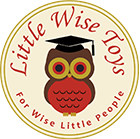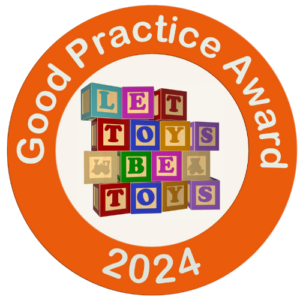
The Helping Children and Young People to Navigate Friendships resource offers support across a wide range of areas. I’d love to share one example here with a focus on changes in friendships.
.
Navigating changes in friendships can be tricky for children and young people as these relationships form a really important part of their social and emotional development. These shifts can feel confusing and emotionally impactful, influencing their self-esteem and social confidence. 🫤 Learning to navigate these changes effectively teaches important life skills like empathy, communication, and resilience, as well as helping to prepare children for future relationships throughout their lives. 🌱🌼
.
Navigating changes in friendships is just one of the many, many areas explored in the comprehensive (over 150 pages of support) and empowering digital friendship resource which draws on the transformative skills of reframing and growth mindset throughout. 🌈
.
This particular module offers different strategies you can use to support children and young people through friendship transitions. 🫶🏽 It explores how change is a natural part of life and looks at a range of different reasons why friendships might change. It also looks at scenarios where there has been a shift to unhealthy behaviour in friendships, different reasons why this can happen, and ways we can respond. 🥰







